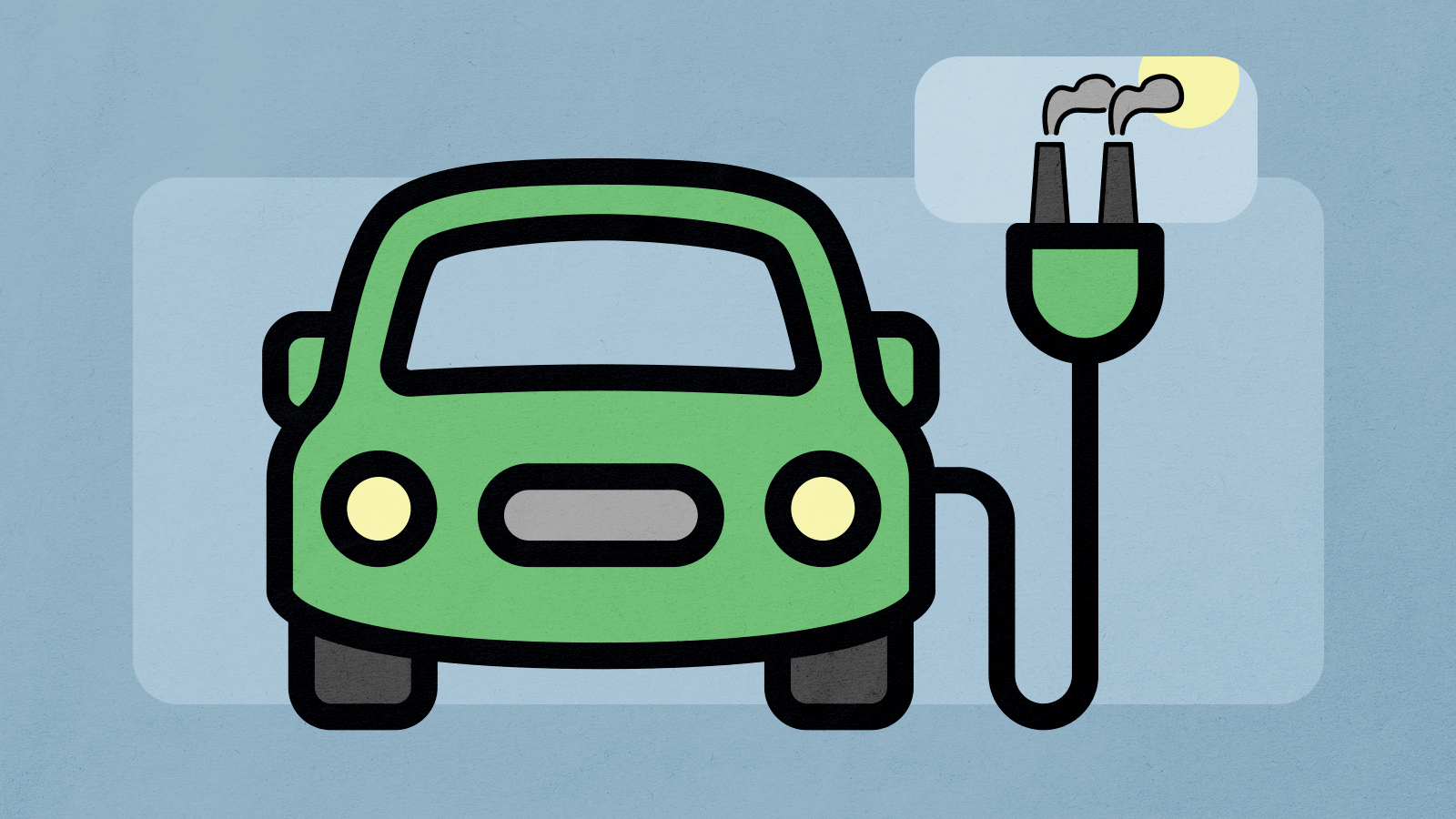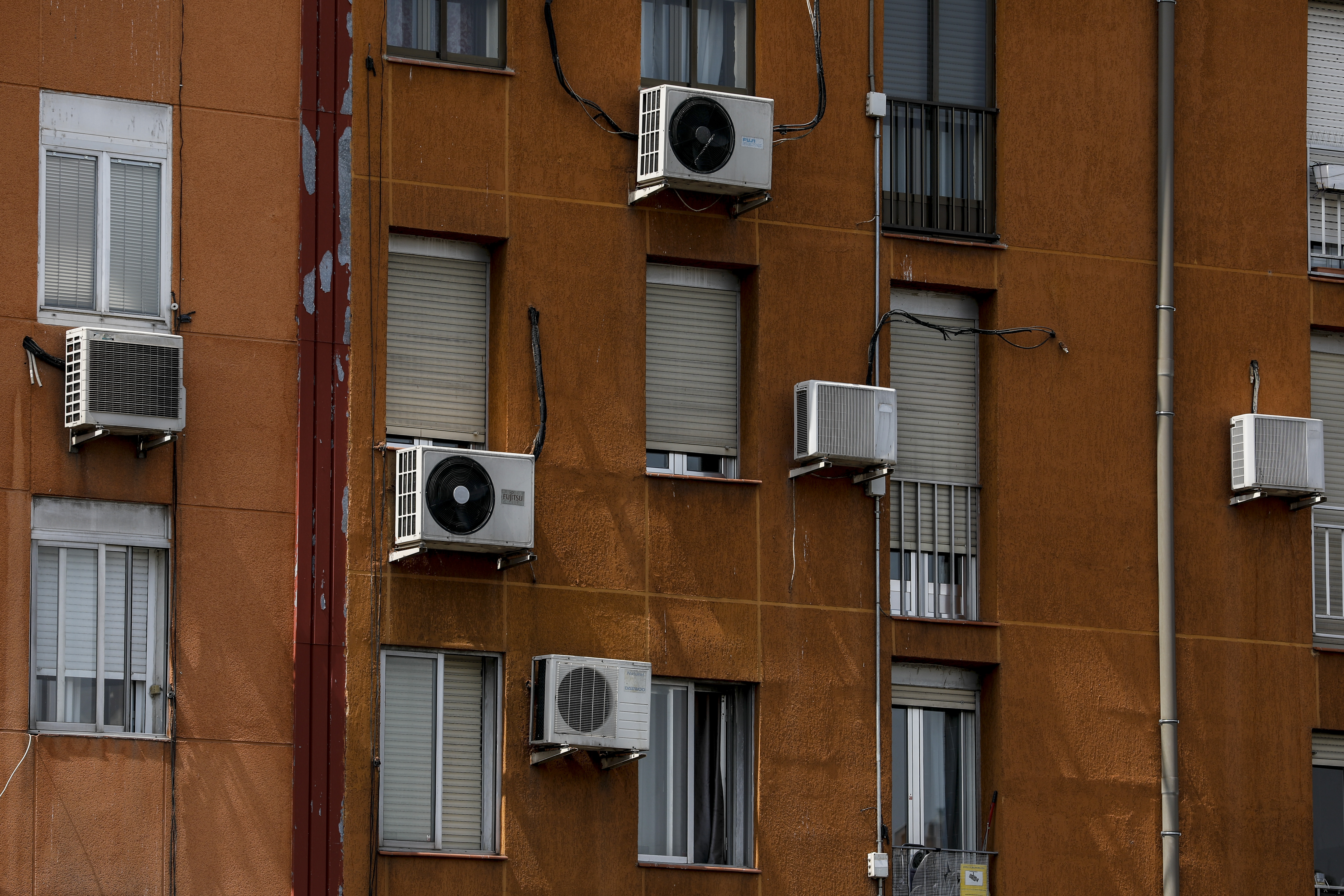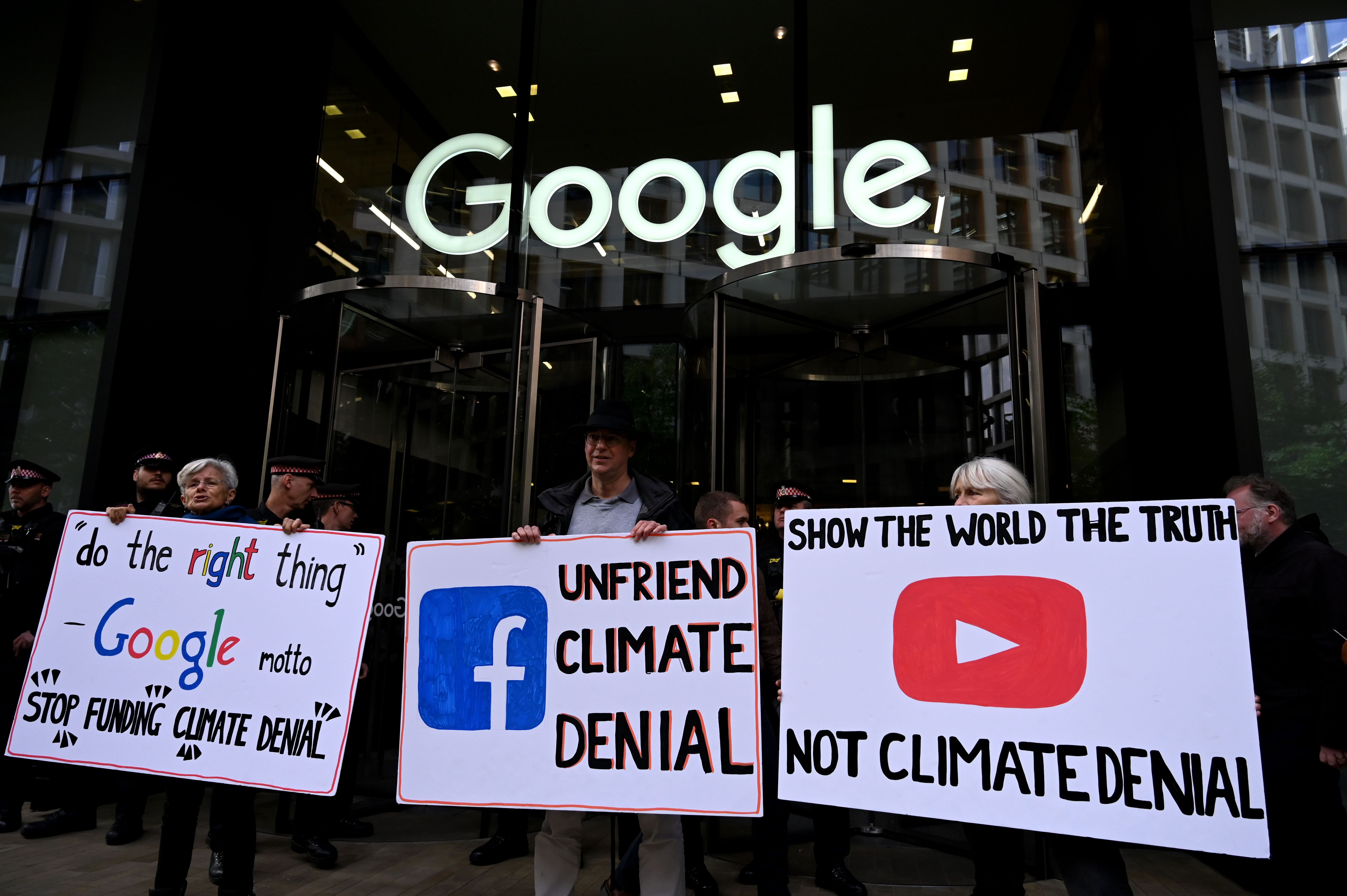The promise and peril of the electric car revolution
We can do better than electrified sprawl, if we try


A free daily email with the biggest news stories of the day – and the best features from TheWeek.com
You are now subscribed
Your newsletter sign-up was successful
The electric vehicle revolution is nigh. As recently as 2017, electric cars comprised just 1.4 percent of global sales. By 2021, they made up 8.6 percent, roughly a sixfold increase in just four years, with that last figure coming in a year when auto manufacturing was hamstrung by the shortage of computer chips.
Soon electric vehicles (EVs) will displace gas-powered ones, and that will be an improvement over the status quo — but only a modest one if American cities can't take advantage of the broader benefits of electrification. We can do better than e-sprawl, if we try.
The reason EVs will win sooner or later is brute market dynamics. As anyone who's ever felt the instant jolt of torque from an electric drive train can attest, they are simply better than gas-powered cars in almost every way, and they'll only continue to improve.
The Week
Escape your echo chamber. Get the facts behind the news, plus analysis from multiple perspectives.

Sign up for The Week's Free Newsletters
From our morning news briefing to a weekly Good News Newsletter, get the best of The Week delivered directly to your inbox.
From our morning news briefing to a weekly Good News Newsletter, get the best of The Week delivered directly to your inbox.
EVs are more powerful, cleaner, and much cheaper to maintain and drive. As uptake increases, so will the network of charging stations. And since the vast majority of car trips are quite short, and almost every house and business in the country is already wired for electric power, it will be relatively straightforward to keep most EVs charged up most of the time. Couple all that to ever-tightening emissions rules and regulations in Europe and China (where the communist government basically bullied Toyota into shifting towards electric cars), and it's simply a matter of time before the internal combustion engine is a quaint anachronism.
In many ways, electric vehicles will be a vast improvement over our current fleet. Cars are one of the leading sources of air pollution and one of the biggest sources of greenhouse gases. Oil extraction is dangerous, dirty, and the central prop of some of the worst authoritarian regimes on the planet, like Saudi Arabia and the U.A.E. And while the benefits of electrification are somewhat offset by the substantial fraction of power produced by carbon-emitting sources, as the grid is cleaned up over time, cars automatically will be too.
EVs will also have the political benefit of getting rid of gas price anxiety. Rather than people being constantly hammered with the gyrating price of gasoline every time they go to the pump, they will pay a much more stable price for their home and car power at the same time.
A big battery will prove useful to many as well, because it can double as an emergency generator. Buy a Ford F-150 Lightning, for instance, and you've got a battery bank big enough to power the average house for about three days. Combine that with rooftop solar and you could be virtually off the grid, depending on how much you need to drive.
A free daily email with the biggest news stories of the day – and the best features from TheWeek.com
But the shift to EVs isn't wholly good. The benefits of fewer parts and cheaper maintenance come at the cost of wiping out an entire economic ecosystem of parts manufacturers and repair shops. Making it much cheaper to drive may mean more miles driven and more congestion.
Beyond those likely externalities, there are some straight-up downsides. The first is simple resource consumption. Cars are big and heavy, and hence require a lot of steel, aluminum, plastic, rubber, and so forth to produce a chassis and frame. Then you need big quantities of lithium, copper, and rare earth elements (often sourced from poor countries under brutal conditions, though apparently Idaho has a big deposit of cobalt) to produce the battery and requisite parts for an electric drive train.
The current fashion among American automakers of producing cars that are continually bigger, heavier, and more powerful makes all this much worse. Most of the popular electric vehicles today are offensively overpowered. The F-150 Lightning, for instance, weighs about 8,500 pounds (depending on the spec) yet has a 0-60 time of just 4.4 seconds thanks to its 775 pound-feet of torque. The Mustang Mach-E GT has 480 horsepower and a 0-60 time of 3.5 seconds — about as good as a Lamborghini Gallardo from a few years back. Even the top-selling Tesla Model Y hits 60 in under 5 seconds with the cheapest trim and 3.3 seconds with the performance package.
Manufacturers just can't resist taking advantage of the instant torque and high efficiency of electric motors to build something with Ferrari-esque performance.
That massive resource uptake has an opportunity cost as well: It means much more promising electric vehicles aren't being built. As I've previously written, electric bikes have an even more revolutionary potential than electric cars and at a tiny fraction of the material footprint. But to harness that potential, America would have to deal with the fact that bikes are incredibly dangerous to ride in most places in our country.
Amsterdam and Copenhagen show that with fairly cheap and easy steps like protected bike lanes, redesigned intersections, and speed bumps, biking can be dramatically safer and hence much more popular. E-bikes would be a game changer for commuting, shopping, or even quite significant cargo trips. But this runs headlong into car supremacy — the instinctive deference to cars and drivers beaten into city officials and planners over decades. Even in dense, liberal cities like my hometown Philadelphia, where President Biden got about 80 percent of the vote, proposals to cut down on car lanes to improve safety for cyclists and pedestrians get scrapped instantly when a handful of drivers complain.
By the same token, connecting EV batteries to the grid to help smooth out power demand would potentially be extremely useful, but it would require heavy upgrades to power infrastructure and detailed policymaking that our anachronistic Constitution makes virtually impossible.
One could imagine an electric vehicle future where American cities took the opportunity to pivot away from the obsessive hyper-fixation on driving that has turned so much of our built environment into a hideous, inefficient, dangerous nightmare — placing cars as just one transportation option among many instead of forcing virtually everyone to drive. Alas, it's lot easier to imagine a mere electrified version of our current sprawling death machine.
But that isn't set in stone. A better, battery-powered future is there if we can seize it.
Ryan Cooper is a national correspondent at TheWeek.com. His work has appeared in the Washington Monthly, The New Republic, and the Washington Post.
-
 Local elections 2026: where are they and who is expected to win?
Local elections 2026: where are they and who is expected to win?The Explainer Labour is braced for heavy losses and U-turn on postponing some council elections hasn’t helped the party’s prospects
-
 6 of the world’s most accessible destinations
6 of the world’s most accessible destinationsThe Week Recommends Experience all of Berlin, Singapore and Sydney
-
 How the FCC’s ‘equal time’ rule works
How the FCC’s ‘equal time’ rule worksIn the Spotlight The law is at the heart of the Colbert-CBS conflict
-
 Most data centers are being built in the wrong climate
Most data centers are being built in the wrong climateThe explainer Data centers require substantial water and energy. But certain locations are more strained than others, mainly due to rising temperatures.
-
 What's dark data and why is it bad for the environment?
What's dark data and why is it bad for the environment?The explainer Data is being used and discarded, but still clogging servers
-
 The complex environmental toll of artificial intelligence
The complex environmental toll of artificial intelligenceThe explainer AI is very much mostly not green technology
-
 How AI is helping companies find valuable mineral deposits
How AI is helping companies find valuable mineral depositsUnder the Radar New technologies can trace copper, lithium and nickel with 'less environmental degradation' and cut West's reliance on China
-
 Can AI help or hinder the fight against climate change?
Can AI help or hinder the fight against climate change?Talking Point Artificial intelligence is a double-edged sword in this crisis
-
 World's reduced thirst for oil may be foiled by developing countries' challenges
World's reduced thirst for oil may be foiled by developing countries' challengesSpeed Read Will developing nations slow the peak of global oil demand?
-
 The movement to make A/C energy efficient
The movement to make A/C energy efficientSpeed Read Air conditioners have been bad for the planet, but we'll likely continue to need them.
-
 Why hasn't Google enforced its policy to stop climate disinformation?
Why hasn't Google enforced its policy to stop climate disinformation?Talking Point Is Google's acceptance of climate misinformation intentional?
